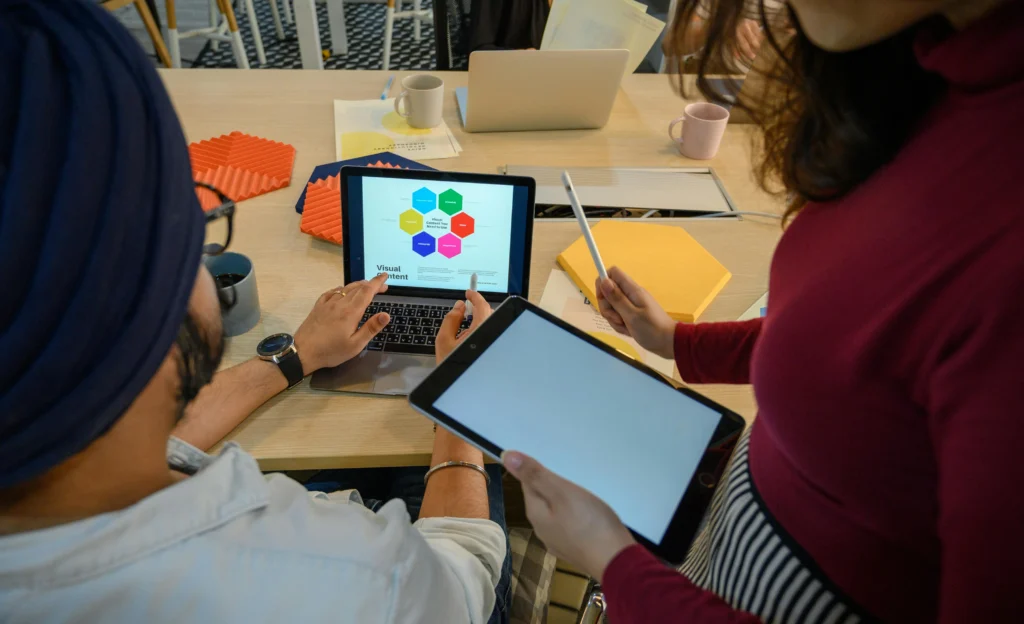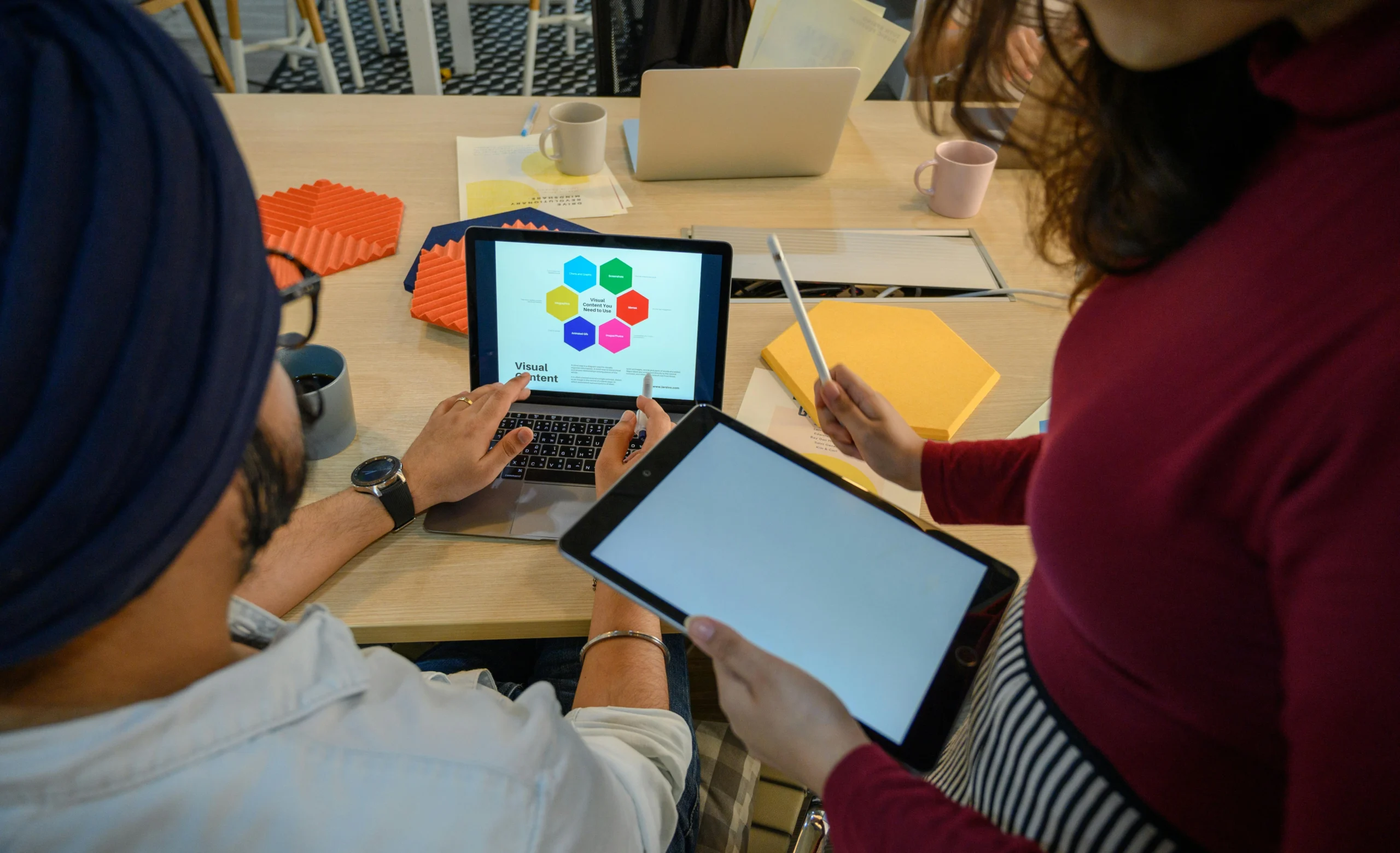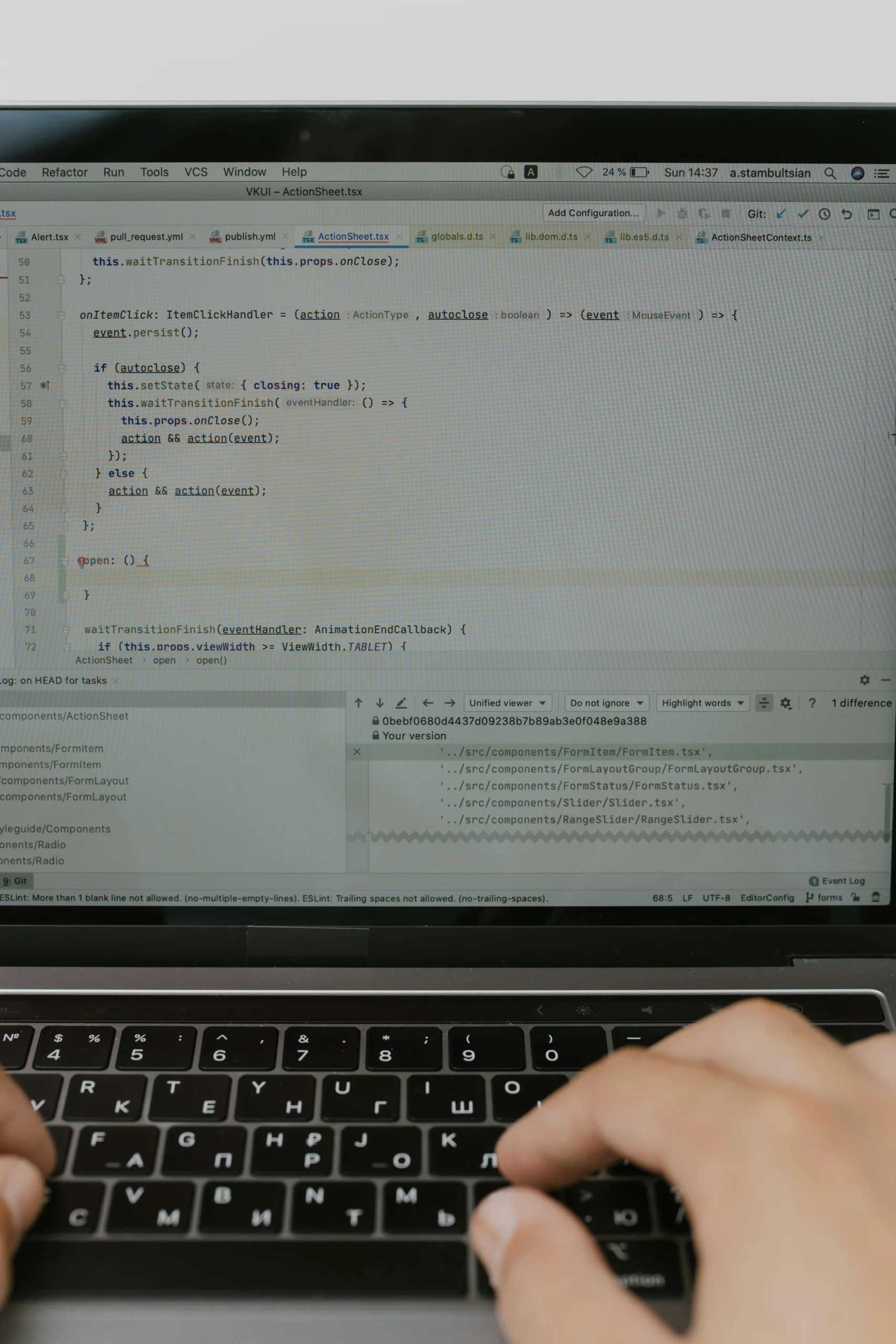OpenAI announced an innovative feature enabling ChatGPT users to access and operate third-party applications without leaving the chat interface. Users can either receive automatic app recommendations or invoke apps by name, facilitating tasks like data exploration, content creation, bookings, and productivity enhancements. The initial pilot includes prominent apps such as Booking.com, Canva, Coursera, Figma, Expedia, Spotify, and Zillow, available primarily to English-speaking users outside the EU with plans to expand.
ChatGPT is evolving beyond a conversational assistant to a conversational operating system, effectively becoming a platform for interactive, adaptive applications. Experts note this development repositions ChatGPT as a ‘conversation runtime’ that understands user intent rather than just command syntax. Central to this expansion is the introduction of an app SDK based on an open MCP standard, enabling developers to build fully featured apps with access to data connections, action triggers, and UI rendering within ChatGPT. However, limitations such as UI flexibility, state retention, API call restrictions, and data privacy controls remain.
Looking ahead, OpenAI plans to extend app support to business, enterprise, and education editions of ChatGPT by year-end, promoting curated app directories with prioritization for high-quality apps. Enterprise capabilities may include single sign-on (SSO), logging, and role-based access controls, enabling internal app deployment for HR, analytics, and IT operations. This shift is anticipated to accelerate organizational adoption of conversational enterprise tools with streamlined information flow and policy-based control—all while raising considerations about platform dependency, compliance, and competitive dynamics.
👉 Pročitaj original: CIO Magazine








